What is mental health?
“Mental health is a state of mental well-being that enables people to cope with the stresses of life, realise their abilities, learn well and work well, and contribute to their community. It is an integral component of health and well-being that underpins our individual and collective abilities to make decisions, build relationships and shape the world we live in. Mental health is a basic human right. And it is crucial to personal, community and socio-economic development.” (World Health Organisation)
Most children grow up mentally healthy, but surveys suggest that more children and young people have problems with their mental health today than 30 years ago. It is thought that this is probably because of changes in the way that we live now and how this affects the experience of growing up.
Who has mental health
We all have mental health – some people call this emotional health or wellbeing.
Help for supporting mental health and emotional wellbeing
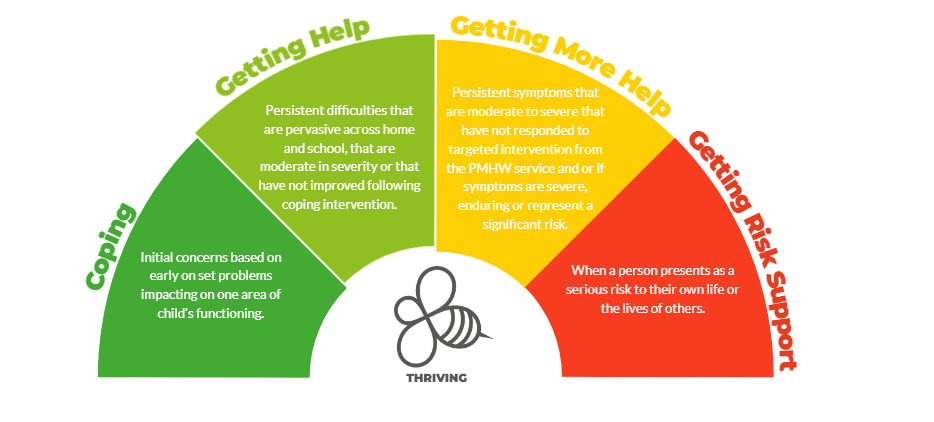
HMS Mental Health Support Pathway
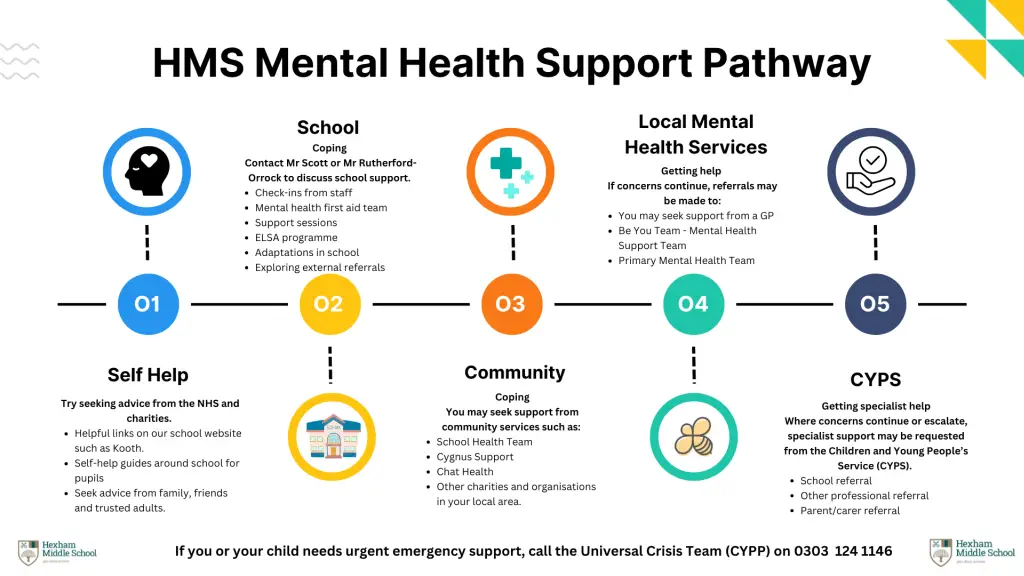
Support Links
If you would like some support with your health or wellbeing, the following websites may give you the help or advice you need.
Mental health and emotional wellbeing
At Hexham Middle School, we firmly believe in promoting positive mental health and emotional wellbeing to ensure that our school is a community where everyone feels able to be safe, happy and to flourish. Our school ethos and fundamental values – Respect, Engage, Aspire – underpin everything that we do.
As a ‘Skills Builder’ school, staff (including those with specific supporting roles for SEMH) actively use the eight essential skills. These include:
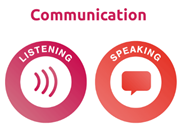
Developing relationships borne out of attunement and attachment, laying the foundations for ‘RESPECT’ and self-regulation.
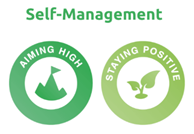
Establishing and sustaining mechanisms which help to build confidence and independence to support others to ‘ASPIRE’
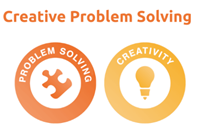
Understanding that there is never a one-size-fits-all approach to social, emotional and mental wellbeing issues affording our school community to be truly responsive.

Through effective and empowering leadership, staff receive and ‘ENGAGE’ the required continued professional development to build support, expertise and become more knowledgeable about SEMH.
What helps our mental health and emotional wellbeing?
Things that can help keep children and young people mentally well include:
- being in good physical health, eating a balanced diet and getting regular exercise
- having time and the freedom to play, indoors and outdoors
- being part of a family that gets along well most of the time
- going to a school that looks after the wellbeing of all its pupils
- taking part in local activities for young people.
Other factors are also important, including:
- feeling loved, trusted, understood, valued and safe
- being interested in life and having opportunities to enjoy themselves
- being hopeful and optimistic
- being able to learn and having opportunities to succeed
- accepting who they are and recognising what they are good at
- having a sense of belonging in their family, school and community
- feeling they have some control over their own life
- having the strength to cope when something is wrong (resilience) and the ability to solve problems.
Our Mental Health and Wellbeing Charter
What supporting Positive Mental Health means to us:
- Young people are a primary focus in all conversations and interventions.
- We prioritise those pupils presenting with the greatest vulnerability factors, but we also uphold the tenet that everyone has mental health.
- We adopt a whole-school approach of Emotion Coaching, which is based on a growing field of evidence-based practice to support co-regulation of challenging emotional responses.
- We are committed to embedding social, emotional and mental health awareness across the curriculum and the wider-school community including parent engagement.
- We seek to teach and equip young people with the skills to build resilience and self-management.
- We value staff wellbeing and support their own resilience and mental health.
- We are working hard to develop a highly trained SEMH Core Team including staff that have received Mental Health First Aid training.
How we ensure best practice:
- Relevant management information systems are used by staff in accordance with agreed practices.
- Whole school training on the Emotion Coaching approach and adoption into whole school policy.
- Highly-trained staff team including Pupil Support Workers who provide targeted and invidualised support for children in all year groups. We are able to provide a wide range of in-school support services.
- Working with experts and colleagues from external agencies to provide targeted and specialist support.
- Liaising with parents/carers to raise awareness of mental health and wellbeing through Emotion Coaching Workshops and specialist parent/carer information/training sessions with visiting experts.
- Staff annually read and self-certify that they understand section one of Keeping Young people Safe in Education following routine CPD.
- We advocate on a principle of our form tutors being the expert in a young person. Any issues are typically triaged via the form tutor initially with safeguarding leads taking responsibility for higher level causes for concern.
- We have a pupil referral system that all staff can utilise at all times.
- Staff are aware of the location and content of relevant policies and protocols regarding SEMH, attendance and safeguarding.
- We actively encourage the wider school community to have a voice about SEMH.
- We monitor SEMH interventions and adjust where necessary.
- All staff have training and the option of supervision to effectively support pupil SEMH.
- We have a code of conduct for staff that reinforces the principles of respect; speaking to each other with courtesy, compassion and empathy is a character trait we value.
How we create opportunities to promote and improve mental health in our school:
- Forest School in the curriculum and extra-curricular.
- Extracurricular Clubs – Participation Pledge.
- Create opportunities for establishing positive relationships and connections between others in the school community.
- Maximising opportunities for time spent outdoors and close to nature.
- Managing the amount of time pupils spend online and on screens.
- Maintain an inclusive and diverse community where everyone is respected, and difference is celebrated.
- Being mindful of mental health around key assessment points including SATs.
- Encourage opportunities for social interactions through challenges e.g. Skills Builder Day.
- Operating an ‘Open Door’ Policy.
- Frequent opportunities for discussion in form time (The Big Debate).
